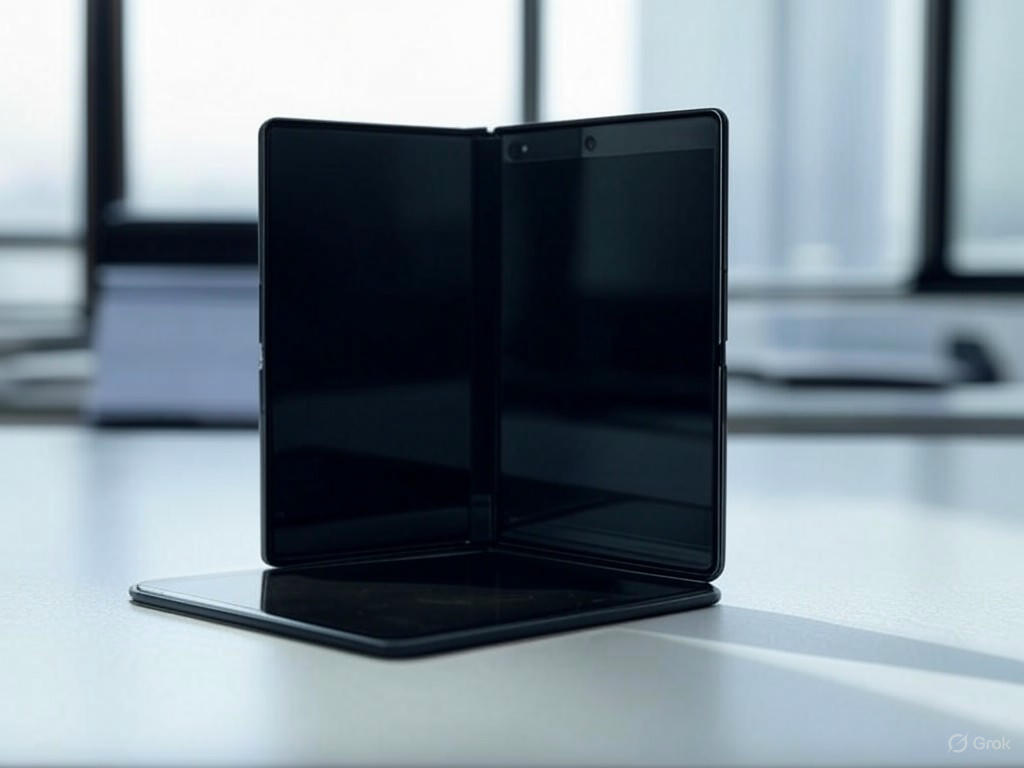Tech Titans Clash: BOE Faces Legal Heat Over Foldable Display Patents
In the fast-evolving world of technology, innovation often sparks fierce competition, and sometimes, legal battles. The latest showdown in the tech arena involves two giants of the display industry: Samsung Display and its Chinese competitor, BOE. Reports have surfaced that the United States International Trade Commission (ITC) has issued a preliminary ruling suggesting that BOE may have infringed on Samsung Display’s proprietary technology related to foldable displays, specifically those used in devices like the Galaxy Z Fold series. This development marks a significant chapter in the ongoing rivalry between the two companies, as the stakes in the foldable smartphone market continue to rise.
The dispute centers around the cutting-edge technology behind foldable screens, a sector where Samsung has established itself as a pioneer. The South Korean company has invested heavily in research and development to create durable, high-quality displays that can withstand repeated folding without compromising performance. These innovations are protected by a portfolio of patents, which Samsung alleges BOE has violated. While the specifics of the infringed patents remain under wraps, the ITC’s initial findings indicate that BOE’s display technology bears striking similarities to Samsung’s protected designs. If the ruling is finalized, BOE could face serious repercussions, including potential import bans on its products in the United States, a critical market for tech manufacturers.
This legal skirmish is more than just a clash of corporate titans; it reflects the broader tensions in the global tech industry. Foldable devices represent the future of mobile technology, with analysts predicting exponential growth in demand over the next decade. Samsung has been at the forefront of this trend, commanding a significant share of the foldable smartphone market. Meanwhile, BOE, backed by substantial support from the Chinese government, has been aggressively expanding its presence, often offering competitive pricing to challenge established players. However, this rapid ascent has not come without controversy, as Samsung and other industry leaders have accused BOE of cutting corners by leveraging existing intellectual property rather than innovating independently. The outcome of this case could set a precedent for how patent disputes are handled in the foldable tech space, influencing future collaborations and competitions alike.
As the ITC moves toward a final decision, the tech world watches closely. A ruling in Samsung’s favor could reinforce the importance of protecting intellectual property in an industry driven by innovation. On the other hand, BOE may still have a chance to defend its practices or reach a settlement to avoid harsher penalties. Regardless of the outcome, this battle underscores the high stakes of technological advancement and the lengths to which companies will go to secure their place in the future of mobile devices. For consumers, the hope remains that such disputes ultimately drive better products, as competition fuels creativity. As the foldable market continues to unfold, one thing is certain: the fight for dominance is far from over.


